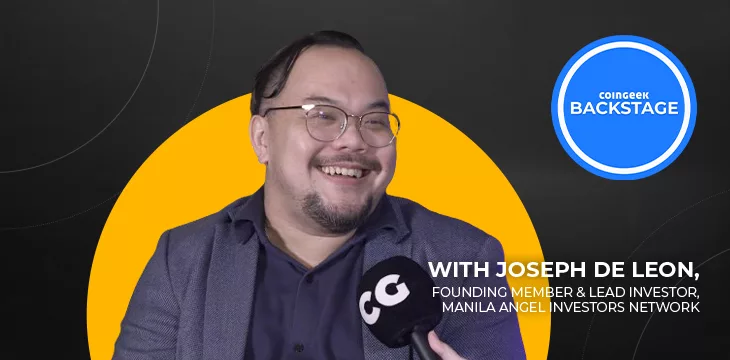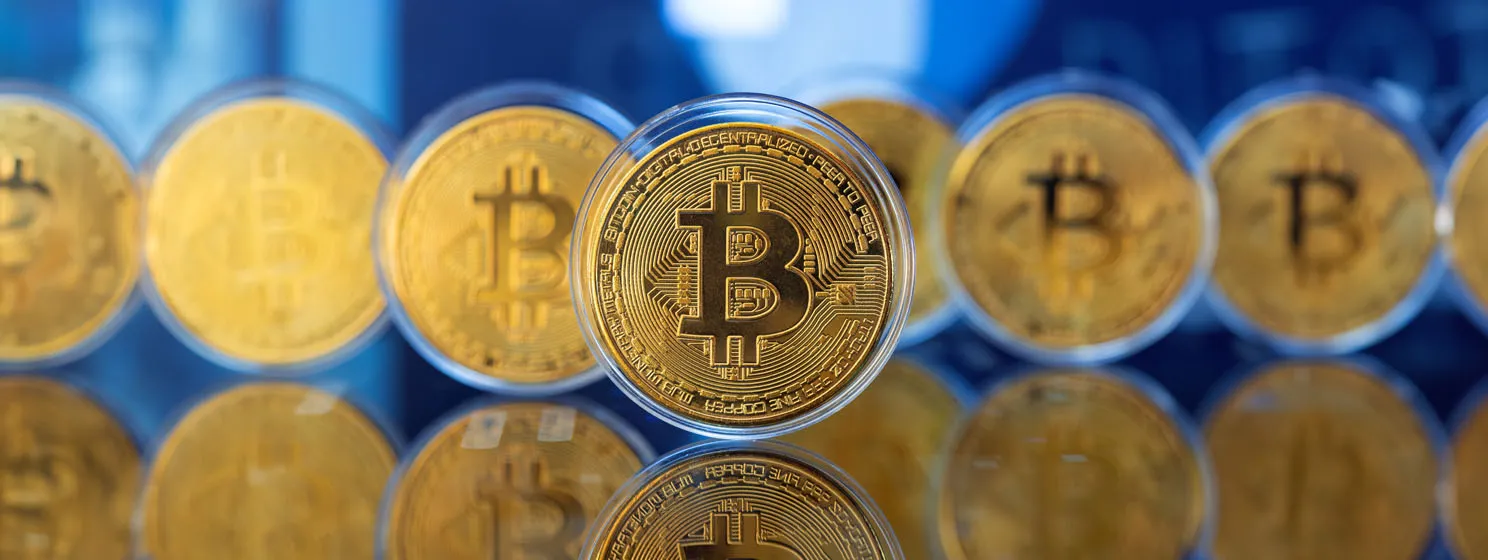|
Getting your Trinity Audio player ready...
|
Angel investors, or individuals who provide capital to early-stage businesses, are crucial in leading a startup company to success.
One of the largest and most active angel investors in the Philippines and Southeast Asia is the Manila Angel Investors Network (MAIN). With over 100 members, 20 portfolio companies, and 500 startups screened, MAIN’s vision is to make an impact in the Philippines “by facilitating startup investments and advocating a startup-friendly business environment.”
At the Block Dojo Philippines Investor Night, CoinGeek Backstage interviewed MAIN’s Founding Member and Lead Investor, Joseph De Leon, to discuss what their organization is doing, their criteria for investing in a startup, and their outlook on emerging technologies.
Unlike other angel networks worldwide, MAIN is working with developing markets. They prioritize on startups that already have an MVP and a paying client, De Leon shared with
CoinGeek Backstage.
“The things that we’re looking for is we want to make sure that we’re investing in startups that are solving real problems. A problem that’s big enough, so it’s worth our time, and it’s something that makes a difference. The other critical element is that we have to find founders who we believe will have the grit to follow through because being in a startup is hard. Over 90% of startups fail, and so we’re looking for founders that have what it takes to make it all the way,” he added.
In terms of his feedback toward the firms led by the Block Dojo Philippines Cohort 1, De Leon said that he is “cautiously optimistic about one of them. Although he didn’t disclose which startup he was interested in, he shared that they are all tackling some big problems—some have already been addressed and might be able to capture the market.
What is MAIN’s stance on emerging technologies? De Leon remarked that they are always on the lookout for innovation across the country. However, this doesn’t change the reality that most startups may not have breakthrough technology built in-house.
“Another thing that is opening up is because some of this technology is so new, there’s an opening for the Philippines to take a big step forward. So, for example, in the field of AI, one of the biggest gaps in AI is a lack of talent,” he said.
“In the Philippines, we have an abundance of talent. There are some industries that have access to talent that can be used even further…I’m currently in conversations with people…to help train, develop a venture builder that will capitalize on the talent within the BPO industry so that we can upskill them in the domains of AI. And maybe, just maybe, we’re going to get ahead of the curve and beat the rest of the world, too,” De Leon added.
Aside from venturing into AI, Block Dojo Philippines has made a significant milestone in the Philippine startup ecosystem by incorporating blockchain technology into the processes of early-stage startups.
In March, the Block Dojo Philippines’ first batch of cohorts had its Investors Night, where they pitched their projects that aim solve some of the key issues in the country. To learn more about the Block Dojo Philippines Cohort 1, check out our previous coverages here.
In order for artificial intelligence (AI) to work right within the law and thrive in the face of growing challenges, it needs to integrate an enterprise blockchain system that ensures data input quality and ownership—allowing it to keep data safe while also guaranteeing the immutability of data. Check out CoinGeek’s coverage on this emerging tech to learn more why Enterprise blockchain will be the backbone of AI.
Watch: Block Dojo to give Filipino startups a blockchain boost

 07-02-2025
07-02-2025 





